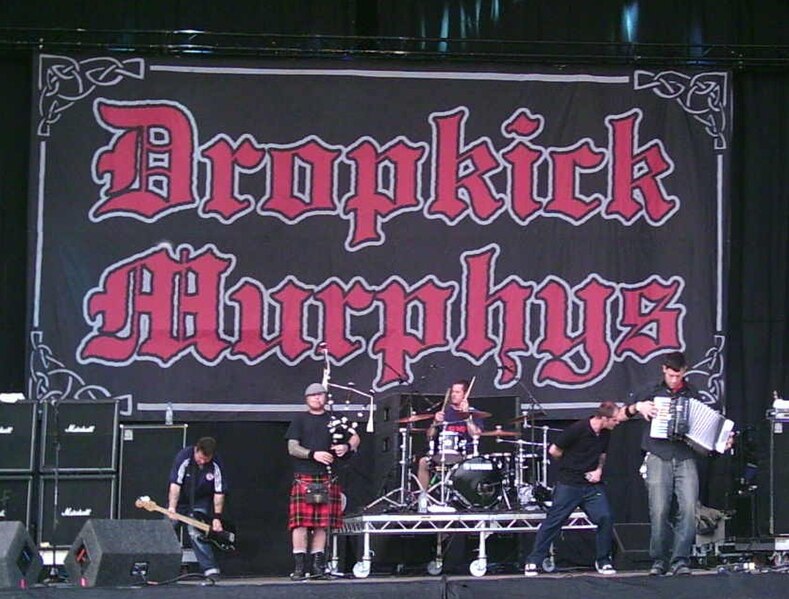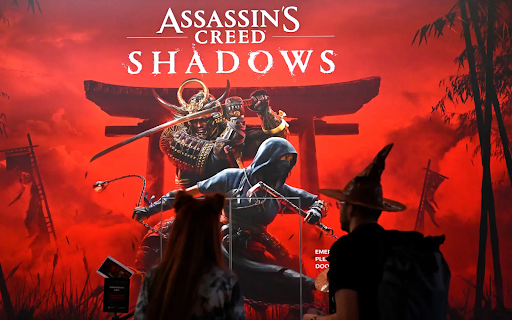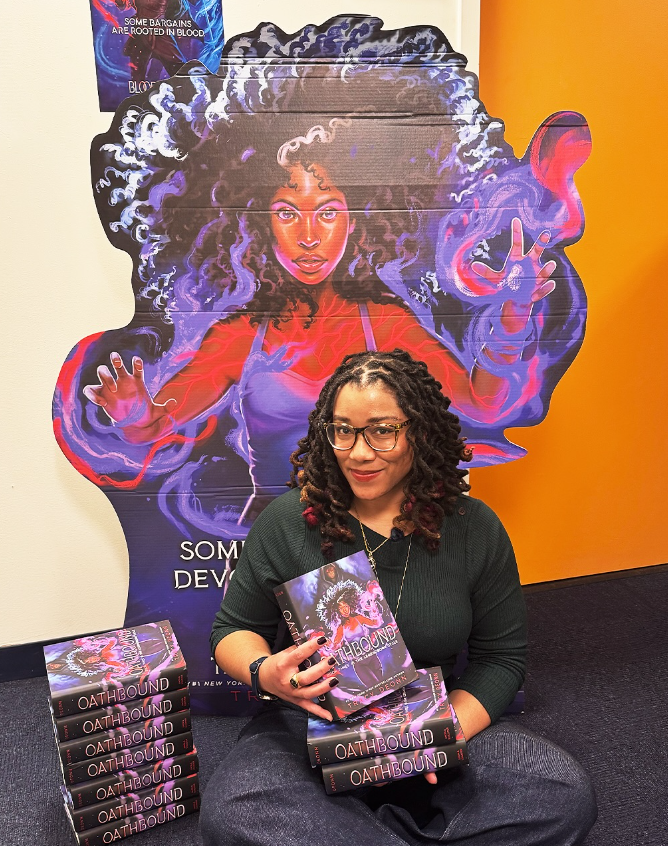Since the 1970s, a large and influential counterculture has taken sections of society by storm. Starting with underground music scenes in New York and London, the punk genre and culture have secured their place as a significant facet of non-mainstream society. Leaders of the movement, such as the Sex Pistols, the Ramones and Black Flag, embedded music permanently and deeply into punk culture.
In the early to mid-1980s, punk culture branched into more specific subgenres. Some punks identify as anarcho-communist, staying true to the people-focused, freedom-oriented, anti-fascist roots of punk. Contrary to popular belief, anarcho-communism is not synonymous with traditional communism. It is the belief that people should share responsibilities in governance, forming associations of citizens rather than a small group making decisions for the collective. Anarcho-communism also promotes the abolition of capitalism, relying on a more community-centric system that ensures easy access to necessities while encouraging individuals to contribute as they can.
Some punk subcultures, however, took a different direction.
These punks — a term I use loosely, as many within the scene (myself included) see them as violating the core foundation of punk culture — often identify as alt-right, many adopting the term “skinhead” to refer to themselves. Due to the punk ideal of “freedom from government tyranny,” fascists have co-opted the movement, misinterpreting liberal government actions, such as the legalization of same-sex marriage or abortion, as forms of oppression. In doing so, they position themselves as resisting societal pressure and governmental control, falsely believing this makes them “punk.”
Even though some aspects of punk culture have been co-opted by fascist ideologies, many continue to speak out against it, including major figures such as the Dead Kennedys, whose 1981 song “Nazi Punks Fuck Off” remains a defining statement. More recent examples include Cheap Perfume’s “It’s Okay to Punch Nazis.”
This antifascist ideology continues today, with many punks sewing symbols like the Antifa logo and the anarchist symbol onto their battle jackets — denim or leather vests adorned with band patches, studs, spikes, political statements and more. It also persists in certain punk subgenres, such as crust punk — both a musical style and a culture emphasizing anarcho-communist ideologies, DIY ethics, and raw, aggressive music.
Punk Positives
Punks have had a significant positive influence on the world, one of the most notable being the reuse of materials that would otherwise be discarded, alongside an emphasis on DIY ethics and minimal consumption. Instead of purchasing political pins from corporations, most punks prefer to make their own from bottle caps and can tabs. Those of us with battle jackets know how to sew and often make patches using DIY fabric paint, a pencil, scrap fabric and a prayer. Punks also craft accessory spikes from aluminum cans or nails and use safety pins to create art on the back panels of their jackets.
The reuse and mending of fabric prevent it from ending up in places like Ghana, which has become a dumping ground for the world’s — particularly the United States’ — unwanted clothing. Fast fashion is widely frowned upon within the punk community, as avoiding it not only reduces waste but also minimizes support for unsafe labor and child labor practices commonly used by large clothing companies.
Another positive aspect of punk culture is its emphasis on equality and diversity.
Poly Styrene, the frontwoman of the punk band X-Ray Spex, was a vocal advocate for women’s rights. In an interview, she famously stated, “I said that I wasn’t a sex symbol, and that if anybody tried to make me one, I’d shave my head tomorrow.”
Additionally, punk culture has fostered the production of zines—small, often free booklets that provide information on a range of topics, both well-known and obscure. These zines frequently cover DIY ideas, the queer community, human rights activism and environmental issues. They serve as accessible sources of knowledge for those who may not have access to libraries and often use illustrations to communicate ideas for those who may struggle with reading.
In conclusion, punk culture has had a broader impact than it may initially appear. Its music, traditions and ideologies have coalesced into a unique movement focused on liberating people from societal constraints and advocating for equity for all.
Lastly, and most importantly:
YOU could very well be punk. All you have to do is:
- Do things you enjoy that those in power would hate — for no reason.
- Exist as yourself. If you are part of a marginalized group, know that your joy and existence are acts of resistance.





